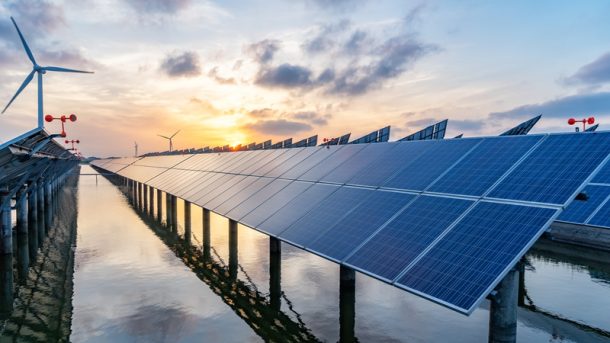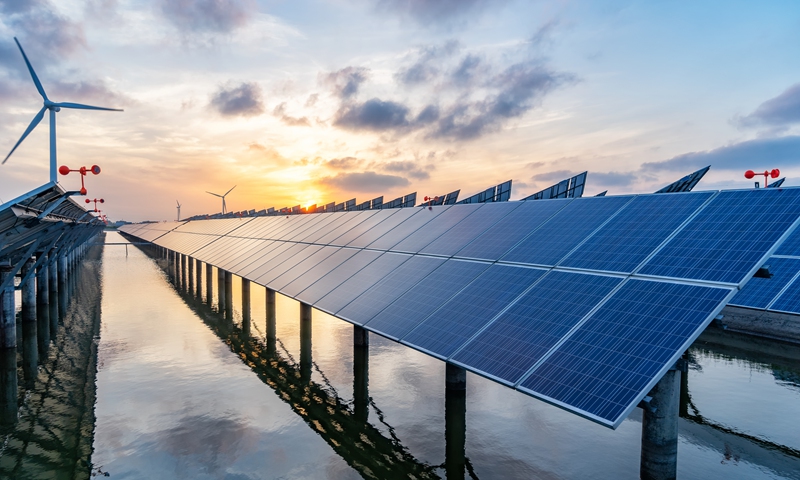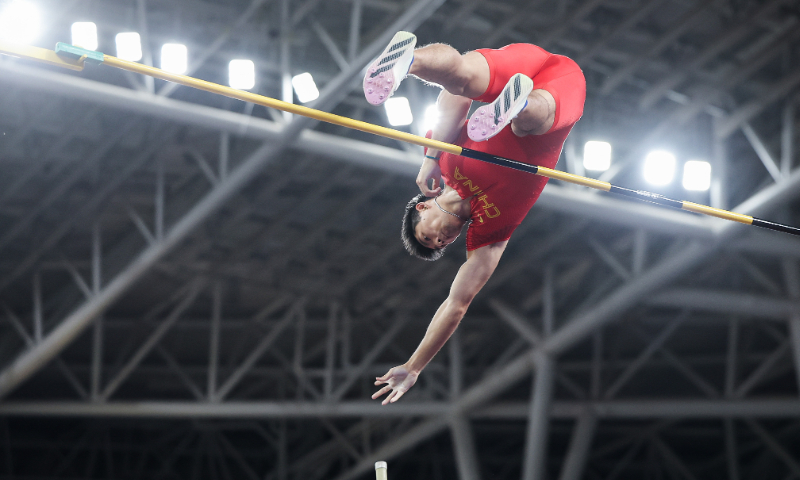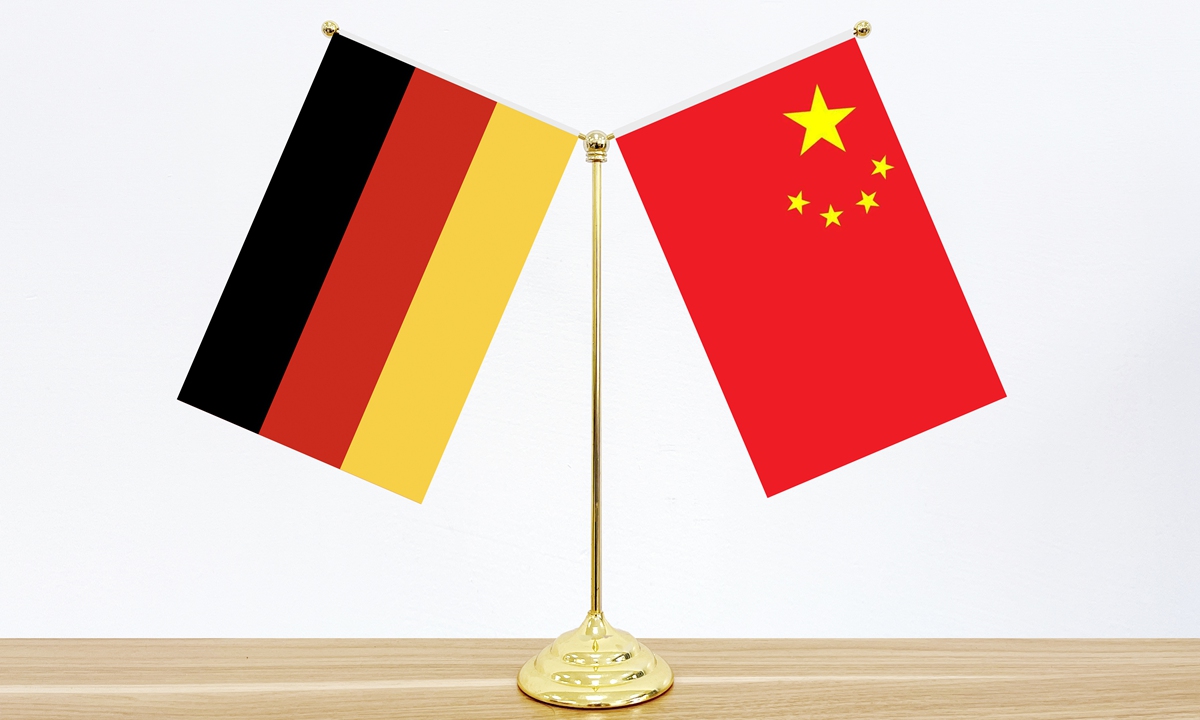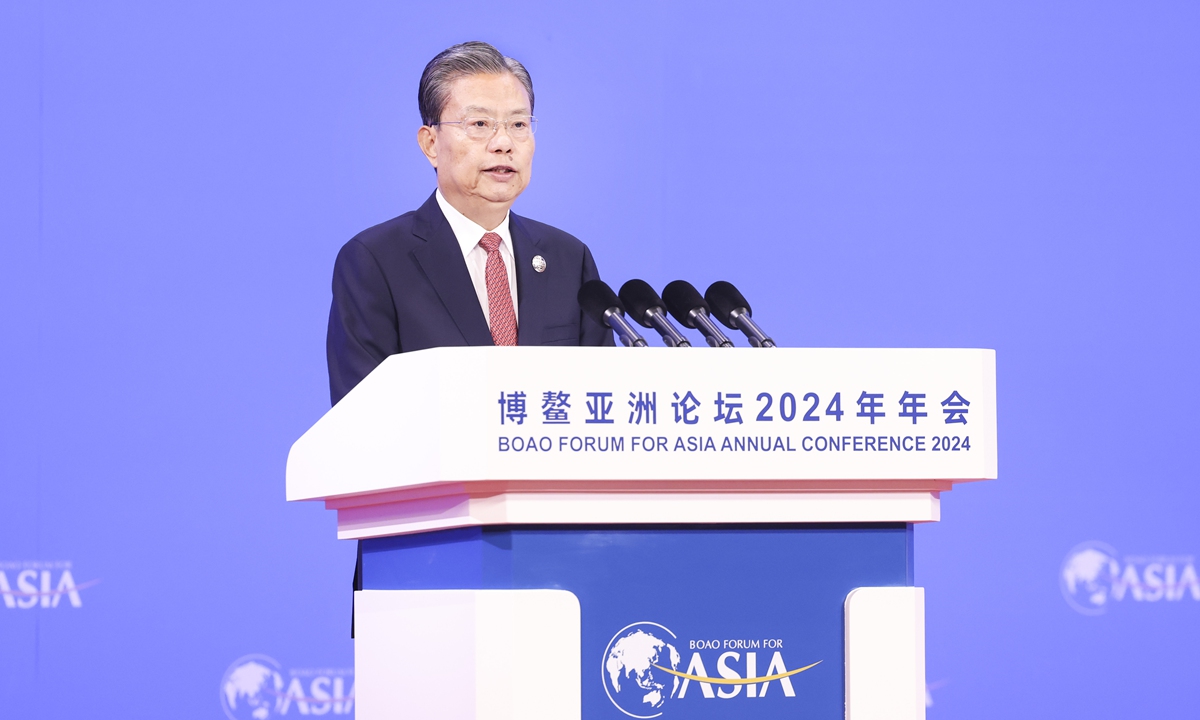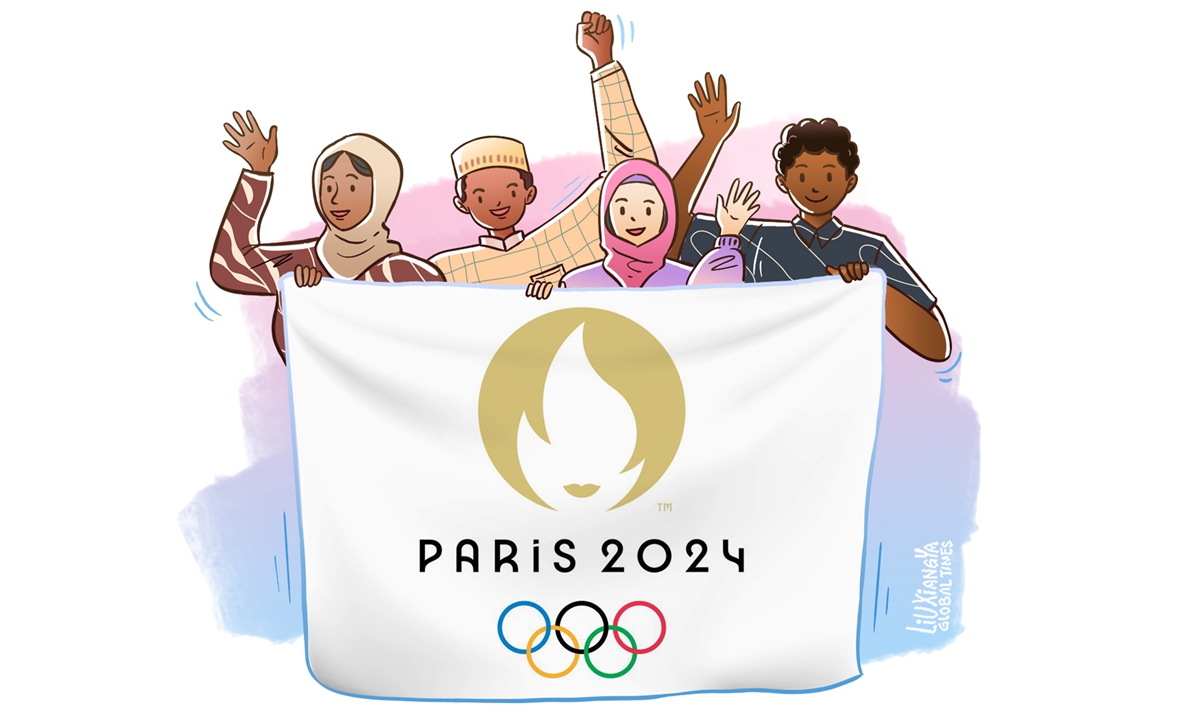
Illustration: Liu Xiangya/GT
China is willing to launch an initiative with France calling for a worldwide truce during the Paris Olympic Games, President Xi Jinping said when he met the press with his French counterpart Emmanuel Macron on Monday during his state visit to France.
Xi presented Macron with the Olympic torches of the Beijing 2008 Games and the Beijing 2022 Winter Games as gifts. In return, Macron gifted Xi an Olympic torch for the coming Paris Games.
Suspending armed conflicts during the Olympic Games is an ancient Greek tradition that dates back to the 9th century BC, with the goal of promoting peace, friendship and understanding through sports.
To the same end, the International Olympic Committee (IOC) has unveiled its largest Refugee Olympic Team to date for the Paris Games and a new emblem for the team.
A total of 36 athletes from 11 different countries and regions will compete across 12 sports including swimming, badminton and breaking during the Paris Games from July 26 to August 11, marking the third time the Refugee Team will take part in the Olympic Games since Rio 2016. The announcement was made by IOC President Thomas Bach during a live-streamed ceremony from the Olympic House in Lausanne, Switzerland, on May 2.
“With your participation in the Olympic Games, you will demonstrate the human potential for resilience and excellence. This will send a message of hope to the more than 100 million displaced people around the world. At the same time, you will make billions of people around the world aware of the magnitude of the refugee crisis,” said Bach.
The establishment of a Refugee Team is more than an addition to the Olympic community. It is the best interpretation of the Olympic spirit of peace, mutual respect and understanding by promoting inclusiveness, unity, perseverance and fair play and it serves as a powerful reminder of humanity’s common pursuit of peace.
The Olympic Games aim to bring together athletes from all over the world to compete regardless of nationality, ethnicity, or background.
In 2024, for the first time in Olympic history, the Refugee Team will compete under its own emblem, instead of the Olympic flag with its signature five interlocked rings. Bringing a unique identity to the team, the design of a circle of arrows around a red heart represents the team members coming from different corners of the world and sharing their unique journeys.
The Refugee Olympic Team symbolizes unity and solidarity among nations and athletes. It sends the powerful message that despite the challenges and adversities faced by refugees, they can come together as a team and compete alongside athletes from around the world. Additionally, the participation of refugee athletes in the Olympic Games promotes a message of peace and understanding. It highlights the human cost of conflict and displacement while at the same time emphasizing the importance of global cooperation and support for refugees.
According to the United Nations High Commissioner for Refugees (UNHCR), there were an estimated 114 million people forcibly displaced worldwide as of September 2023.
Supporting refugees and displaced populations remains a key priority for the IOC, and is part of the Olympic Agenda. The Olympic Refuge Foundation (ORF) was established in 2017 to build on this commitment.
Representing people affected by war and poverty, refugee athletes from countries such as Iran, Afghanistan and Syria will take this opportunity to raise global awareness of the refugee crisis and serve as role models to inspire individuals facing adversity worldwide and convey to the world a call for unity and peace.
This year, the team will be led by Chef de Mission Masomah Ali Zada, who competed for the Refugee Team at Tokyo 2020 in road cycling. In an interview, Zada commented: “With all the challenges that you have faced, you now have a chance to inspire a new generation, represent something bigger than yourselves and show the world what refugees are capable of.”
The presence of the Refugee Team at the Olympic Games is the perfect example of how sports are able to promote global peace and the harmonious coexistence of mankind, posted one netizen on Sina Weibo. During the Tokyo 2020 Games, the uniform of the Refugee Team was sponsored and tailor-made by a Chinese enterprise.
The Olympic spirit represents the universal values of excellence, friendship, respect, sportsmanship, and inspiration that unite athletes and people around the world in the pursuit of athletic achievement and human excellence. The Refugee Olympic Team will definitely leave a lasting legacy beyond the Games and it is hoped that such an initiative will lead to increased support and opportunities for refugee athletes at all levels of sports, encouraging participation, integration, and social inclusion in communities worldwide.
The author is a reporter with the Global Times. [email protected]

